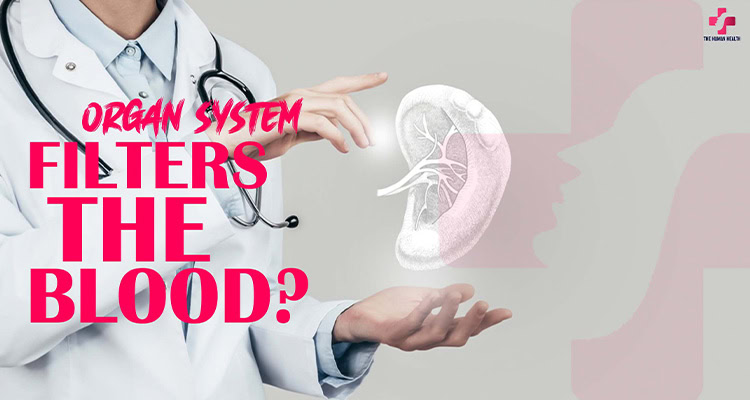Which Organ System Cleans the Blood?
The urinary system cleans the blood. It removes waste, balances fluids, and helps control blood pressure. The kidneys do most of the work. They take out harmful stuff and keep important things like water and nutrients.
Parts of the Urinary System
The urinary system has four main parts:
Kidneys – Clean the blood and remove waste.
Ureters – Tubes that move urine from the kidneys to the bladder.
Bladder – Holds urine until it leaves the body.
Urethra – The tube that carries urine out.
The kidneys are the most important part of this process.
How the Kidneys Work
Each kidney has tiny filters called nephrons. They clean the blood in three steps:
Filtering – Blood enters the kidney. Tiny blood vessels remove water, salt, sugar, and waste. Useful things stay in the blood.
Reabsorbing – The body takes back water, sugar, and minerals it needs.
Removing Waste – Extra waste turns into urine. Urine moves to the bladder and leaves the body.
Why the Kidneys Are Important
The kidneys help the body in many ways:
Remove waste – They clean the blood and get rid of harmful stuff.
Control blood pressure – They help keep blood pressure normal.
Balance minerals – They keep the right amount of salt, calcium, and other minerals.
Make red blood cells – They help the body make red blood cells.
Other Organs That Help
Other organs also help clean the blood:
The Liver – Breaks down toxins before they reach the kidneys.
The Lymphatic System – Removes extra fluid and waste.
The Lungs – Get rid of carbon dioxide.
Conclusion
The urinary system, especially the kidneys, keeps the blood clean and the body healthy. If the kidneys stop working, harmful things can build up and make you sick.
How the Body Cleans Blood
The body has a system that cleans the blood. This system is called the urinary system. It has four main parts: kidneys, ureters, bladder, and urethra. These organs remove waste, control water levels, and keep salts balanced. Other parts of the body also help, but the kidneys do most of the work.
How the Kidneys Clean Blood
The kidneys are two small organs in the lower back. They work like filters. Every day, they clean about 50 gallons of blood. They remove waste and extra water but keep what the body needs.
Inside each kidney are tiny filters called nephrons. Each nephron has two parts:
Glomerulus – A small bundle of blood vessels.
Bowman’s capsule – A pouch that collects waste.
The kidneys clean blood in three steps:
Filtering – Blood enters the kidney. Water, sugar, and salt pass through. Blood cells and proteins stay in the body.
Reabsorbing – The body takes back useful things like water and sugar.
Removing Waste – Extra waste and water leave the body as urine.
Urine moves from the kidneys to the bladder through tubes called ureters. The bladder holds urine until it leaves the body through the urethra.
Other Parts That Help
The urinary system does most of the work, but other parts help too:
The Heart and Blood Vessels – The heart pumps blood. The blood carries oxygen and food to the body. It also carries waste to the kidneys.
The Lymph Nodes – These tiny parts trap germs and harmful things in the blood.
The Liver – The liver removes toxins. It also changes harmful substances into urea, which the kidneys remove.
Why Cleaning Blood is Important
Cleaning blood helps the body stay healthy:
Removes toxins like urea and extra salts.
Keeps the right amount of water in the body.
Controls blood pressure by adjusting blood levels.
Keeps pH balanced, so blood is not too acidic or too basic.
Makes hormones that help produce red blood cells.
Conclusion
The kidneys are the body’s main blood cleaners. Other parts, like the heart, liver, and lymph nodes, also help. To keep your kidneys healthy, drink lots of water, eat well, and visit a doctor for checkups.
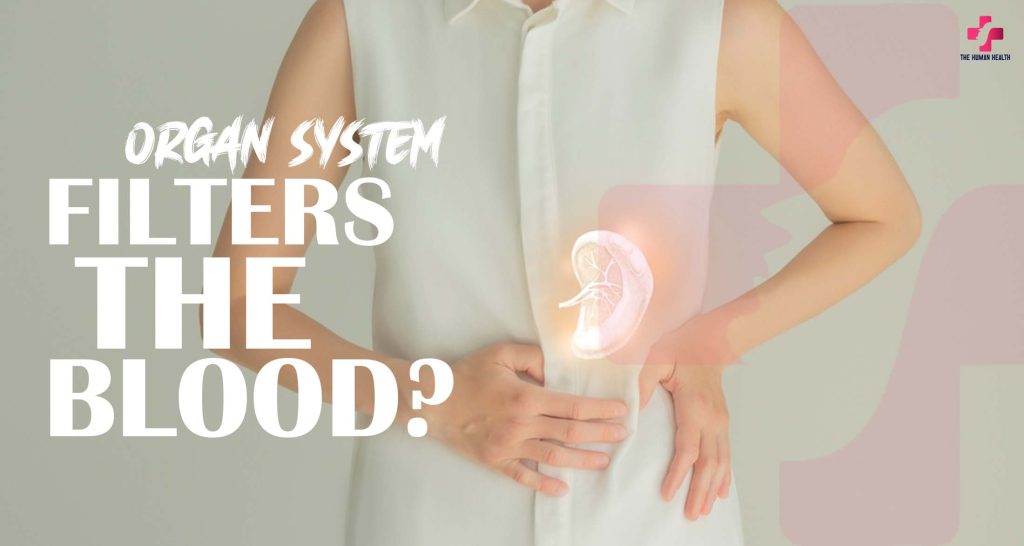
What Organ Filters Blood Cells?
The spleen filters blood cells. It helps keep the body healthy. The spleen is on the left side of your abdomen, below the ribs. It’s about the size of a fist. The spleen has many important jobs, like removing old blood cells, fighting germs, and storing blood.
How the Spleen Filters Blood Cells
The spleen removes old and damaged red blood cells (RBCs). RBCs last about 120 days. After that, they become weak. Blood flows through the spleen, where old RBCs are trapped and broken down. Special cells called macrophages digest these cells. The spleen then reuses parts like iron and hemoglobin.
Spleen Functions in Blood Filtration
Removing Old Blood Cells
The spleen’s red pulp filters out old RBCs. These cells are broken down and removed from the blood. This helps prevent problems like anemia or blood clots.
Recycling Iron and Hemoglobin
After RBCs are broken down, their parts are reused. The spleen sends iron to the liver and bone marrow to make new RBCs. The rest of the hemoglobin becomes bilirubin, which the liver removes from the body.
Storing Blood Cells
The spleen also stores red blood cells and platelets. If needed, like in cases of heavy bleeding, the spleen releases extra blood cells to help the body.
Supporting the Immune System
The spleen helps fight germs. It has lymphocytes that attack bacteria and viruses. It also makes antibodies to protect the body.
What Happens Without the Spleen?
People can live without a spleen. If it is damaged, doctors may remove it in a surgery called splenectomy. Other organs, like the liver and bone marrow, do some of the spleen’s work. But people without a spleen are more likely to get infections.
To stay safe, people without a spleen should:
Get vaccinated.
Take antibiotics when needed.
See a doctor for fevers or sickness.
Other Organs That Filter Blood
Other organs also help filter blood:
Liver: Breaks down old RBCs and cleans the blood.
Kidneys: Remove waste and extra substances from the blood.
Conclusion
The spleen is the main organ that filters blood cells. It removes old blood cells and recycles important parts. It also helps fight infections and stores blood. Other organs, like the liver and kidneys, help with blood filtration, but the spleen is still very important for good health.
Does The Liver Filter Blood?
The liver is important for cleaning the blood. It helps keep the body healthy by removing bad things like toxins and waste.
The liver gets blood from two places: the hepatic artery and the portal vein. The hepatic artery brings oxygen-rich blood from the heart. The portal vein carries nutrient-rich blood from the stomach and intestines. The blood flows through tiny vessels in the liver.
Inside the liver, special cells called hepatocytes clean the blood. These cells remove harmful things like alcohol and waste. They also help turn waste into safe substances.
The liver helps break down chemicals. It uses enzymes to do this. The liver also changes ammonia into urea, which is removed by the kidneys.
The liver protects the body from infections. It filters out bacteria and germs using special immune cells. These cells fight off harmful things in the blood.
The liver also helps with food processing. After food is digested, the liver gets the nutrients. It stores extra sugar as glycogen and turns it back into sugar when needed. The liver also stores vitamins and makes proteins for blood clotting.
If the liver gets too sick, it cannot clean the blood well. Diseases like cirrhosis or liver disease can make the liver weak. When that happens, bad things build up in the body.
In conclusion, the liver cleans the blood, removes toxins, and helps process food. It is important to keep the liver healthy by eating well, drinking enough water, and avoiding too much alcohol or drugs.
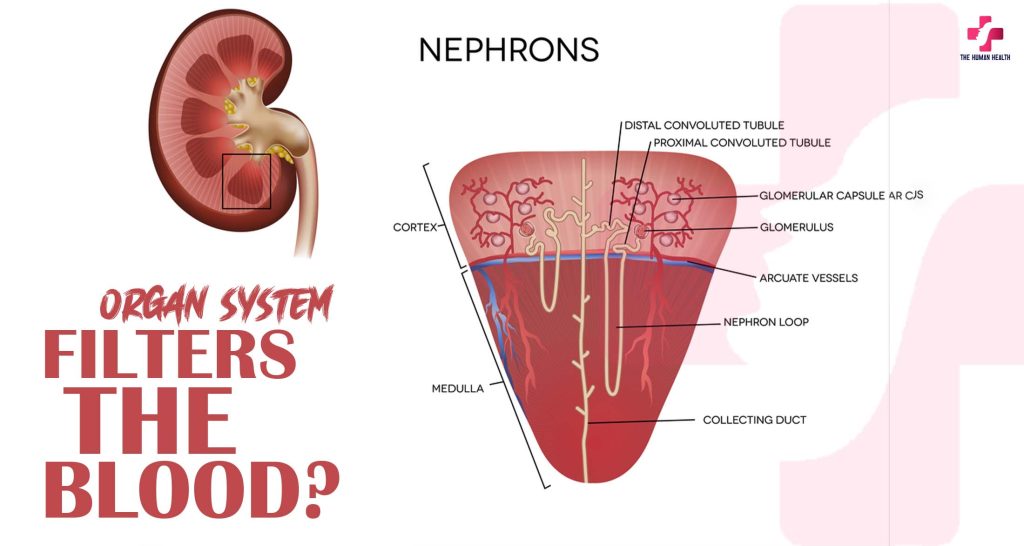
Which Organ Produces Blood?
Your body has a system that makes blood. The bone marrow is the main part that does this job. It’s a soft tissue inside your bones, like in the pelvis, ribs, and spine. Bone marrow makes blood cells, which help the body in many ways. These cells carry oxygen, fight sickness, and help stop bleeding.
How Bone Marrow Makes Blood
Bone marrow has two types: red and yellow. Red bone marrow makes blood cells. Yellow bone marrow stores fat. In a healthy person, red bone marrow makes billions of blood cells each day. These include red blood cells, white blood cells, and platelets.
Red Blood Cells: Red blood cells carry oxygen from your lungs to your body. They also bring carbon dioxide back to your lungs so you can breathe it out. Red blood cells have a protein called hemoglobin, which helps them carry oxygen. The kidneys help by making a hormone that tells the bone marrow to make more red blood cells if there’s not enough oxygen in the blood.
White Blood Cells: White blood cells help the body fight infections and other dangers. There are different types, such as neutrophils, lymphocytes, monocytes, and eosinophils. All of these are made in the bone marrow to help protect you from sickness.
Platelets: Platelets are tiny bits of cells that help stop bleeding. They are made from bigger cells in the bone marrow. Platelets form a plug at the spot of an injury and help the blood clot, which stops bleeding.
Other Organs That Help Make Blood
The liver and spleen also make blood cells when needed, especially before birth. Early in pregnancy, the liver and spleen do most of the blood cell production. Later, the bone marrow takes over. If the bone marrow can’t make blood cells, the liver and spleen may start doing the job again.
Why Blood Cells Matter
Blood cells are needed for the body to work well. Red blood cells carry oxygen, white blood cells fight infections, and platelets help heal wounds. If the bone marrow stops working well, it can cause health problems like anemia (not enough red blood cells), leukemia (a kind of cancer of white blood cells), or thrombocytopenia (low platelets).
In conclusion, bone marrow is the most important place for making blood cells. It helps keep the body healthy by making the cells needed for different jobs. Other organs, like the liver and spleen, help sometimes, but bone marrow does the most work as you grow older.
Which Organ Controls Our Body?
Our body has many parts that work together to keep us healthy. The brain is the most important part. It controls almost everything we do, like moving and thinking. The brain and spinal cord make up the control system for the body.
The brain weighs about 3 pounds. It has 86 billion nerve cells. These cells talk to each other and the rest of the body. The brain has several parts:
The Cerebrum: The biggest part of the brain. It helps us think, remember, and move. Each side controls the opposite side of the body.
The Cerebellum: This part helps us balance and move smoothly.
The Brainstem: It controls breathing, heartbeat, and blood pressure. It also helps with reflexes and sleep.
The Hypothalamus and Pituitary Gland: These parts help keep the body in balance. The hypothalamus controls hunger and body temperature. The pituitary gland releases hormones to control growth.
The Limbic System: This part controls emotions and helps us remember things.
The spinal cord connects the brain to the body. It sends messages between the brain and muscles, so we can move and feel. It also controls reflexes. For example, if you touch something hot, the spinal cord makes you pull your hand away before you feel pain.
The brain controls automatic actions, like breathing and heart rate, through the autonomic nervous system. The system has two parts:
The Sympathetic Nervous System: This part helps us react to stress by making the heart beat faster and sending blood to muscles.
The Parasympathetic Nervous System: This part helps us relax after stress.
In short, the brain controls most actions in the body. It helps us move, think, and more. The spinal cord and autonomic nervous system also help the brain control the body.
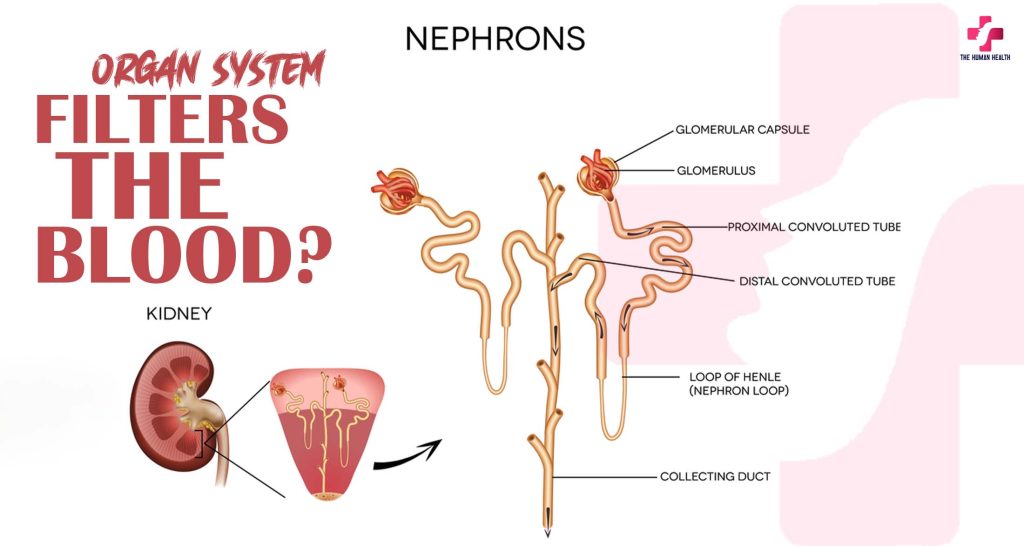
What Are The Ways to Avoid This?
Your body has organs that help keep you healthy by getting rid of waste and toxins. The kidneys filter your blood, while the liver and lymphatic system also help clean your body. Here’s how you can keep these organs working well.
- Care for Your Kidneys
Your kidneys help get rid of waste and balance your fluids. To keep them healthy:
Drink Water: Drink water to help your kidneys remove waste. Try for eight 8-ounce glasses each day.
Use Medicines Carefully: Some medicines can hurt your kidneys. Talk to your doctor before using them often.
Control Blood Pressure: Keep your blood pressure in check with less salt, exercise, and medication.
Watch Blood Sugar: If you have diabetes, keep blood sugar levels in check with healthy food, exercise, and medicine.
- Care for Your Liver
The liver helps filter toxins and nutrients. To keep it healthy:
Limit Alcohol: Drink less alcohol to protect your liver.
Eat Healthy: Eat fruits, vegetables, and healthy fats to help your liver work. Avoid too much fat and processed food.
Stay Away from Toxins: Reduce your exposure to chemicals like pesticides to protect your liver.
Exercise: Exercise helps blood flow and supports liver function.
- Boost Your Lymphatic System
Your lymphatic system helps remove waste. To keep it working:
Stay Active: Exercise helps your lymphatic system work better.
Drink Water: Water helps the lymphatic system remove waste.
Breathe Deeply: Deep breathing can improve the flow of the lymphatic system.
- Eat Nutritious Food
Eating healthy helps all organs that clean your body. Include fruits, vegetables, and fiber in your diet to support your kidneys, liver, and lymphatic system.
Conclusion
Drinking enough water, eating healthy foods, exercising, and avoiding toxins will help your body get rid of waste and toxins. When you take care of organs like your kidneys, liver, and lymphatic system, your body stays clean and healthy.
Conclusion?
The urinary system filters blood, mainly through the kidneys. The kidneys help keep the body in balance by removing waste, extra substances, and toxins from the blood while keeping water, nutrients, and salts.
How Kidneys Filter Blood
The kidneys are two small, bean-shaped organs in the lower back. They filter blood by removing waste and extra substances. These are turned into urine, which leaves the body. The kidneys also help control fluid, salt, and pH levels.
Each kidney has many tiny filtering units called nephrons. Blood flows into the nephron through small blood vessels called the glomerulus. The glomerulus filters out small molecules like water, sugar, and salt. Larger things like proteins stay in the blood.
The filtered liquid moves into the proximal convoluted tubule. Here, the body takes back important things like sugar and water. The liquid then moves into the loop of Henle, where more water and salt are absorbed. This step helps the kidneys keep the right amount of fluid.
In the distal convoluted tubule, the kidneys add extra potassium and hydrogen to the urine. Finally, the liquid enters the collecting ducts. More water is absorbed here, and the urine becomes more concentrated.
The clean blood returns to the body through the renal veins. The waste, like urea, salt, and extra water, is made into urine and stored in the bladder.
The Role of Kidneys in Body Balance
The kidneys help keep the body’s internal balance, or homeostasis. By filtering blood, the kidneys control the levels of water, salts, and pH. This helps all body cells and organs work well.
The kidneys also make hormones. One, called renin, helps control blood pressure. Another, called erythropoietin, tells the bone marrow to make more red blood cells when oxygen levels are low.
Conclusion
In conclusion, the kidneys filter the blood and help the body stay in balance. They remove waste and control water, salt, and pH levels. Healthy kidneys are important for good health. If the kidneys don’t work properly, it can lead to serious problems like kidney failure or high blood pressure. Taking care of your kidneys is key to staying healthy.
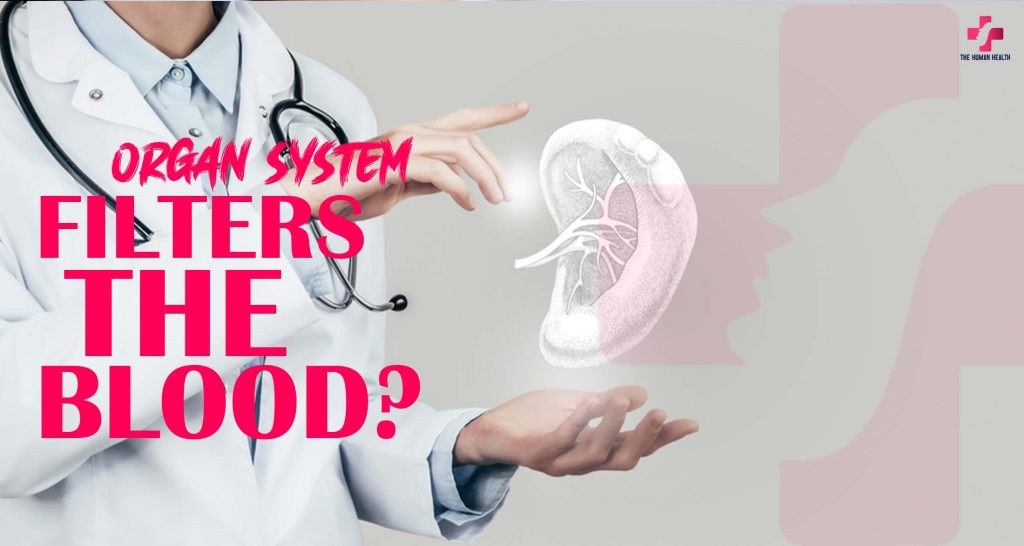
Blood Filtration Blood Filtration Blood Filtration Blood Filtration Blood Filtration Blood Filtration Blood Filtration Blood Filtration Blood Filtration Blood Filtration Blood Filtration Blood Filtration Blood Filtration Blood Filtration Blood Filtration Blood Filtration Blood Filtration Blood Filtration Blood Filtration Blood Filtration Blood Filtration Blood Filtration Blood Blood Filtration Blood Filtration Blood Filtration Blood Filtration Blood Filtration Blood Filtration Blood Filtration Blood Filtration Blood Filtration Blood Filtration Blood Filtration Blood Filtration Blood Filtration Blood Filtration Blood Filtration Blood Filtration Blood Filtration Blood Filtration Blood Filtration Blood Filtration Blood Filtration Blood Filtration Blood Filtration
